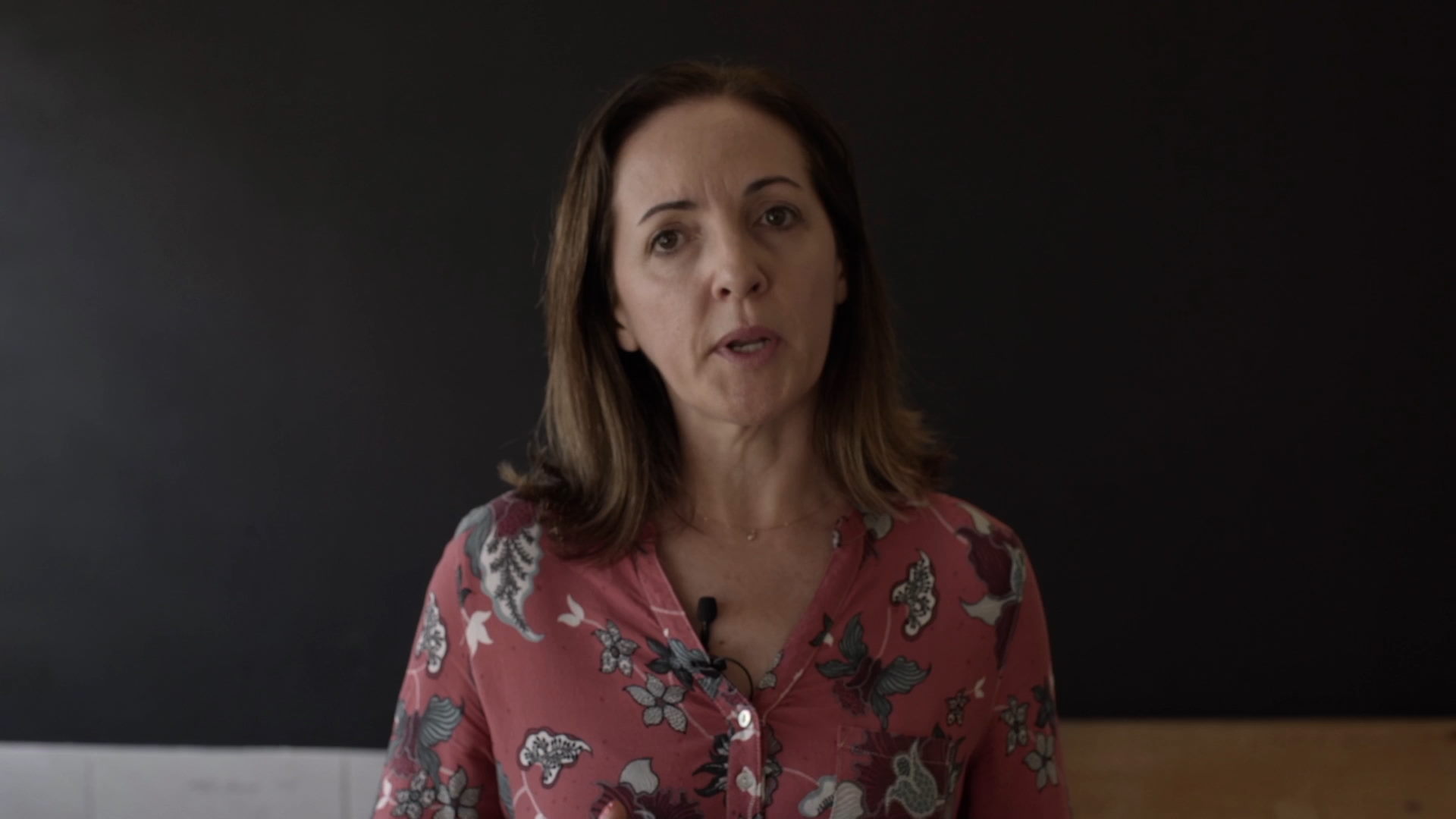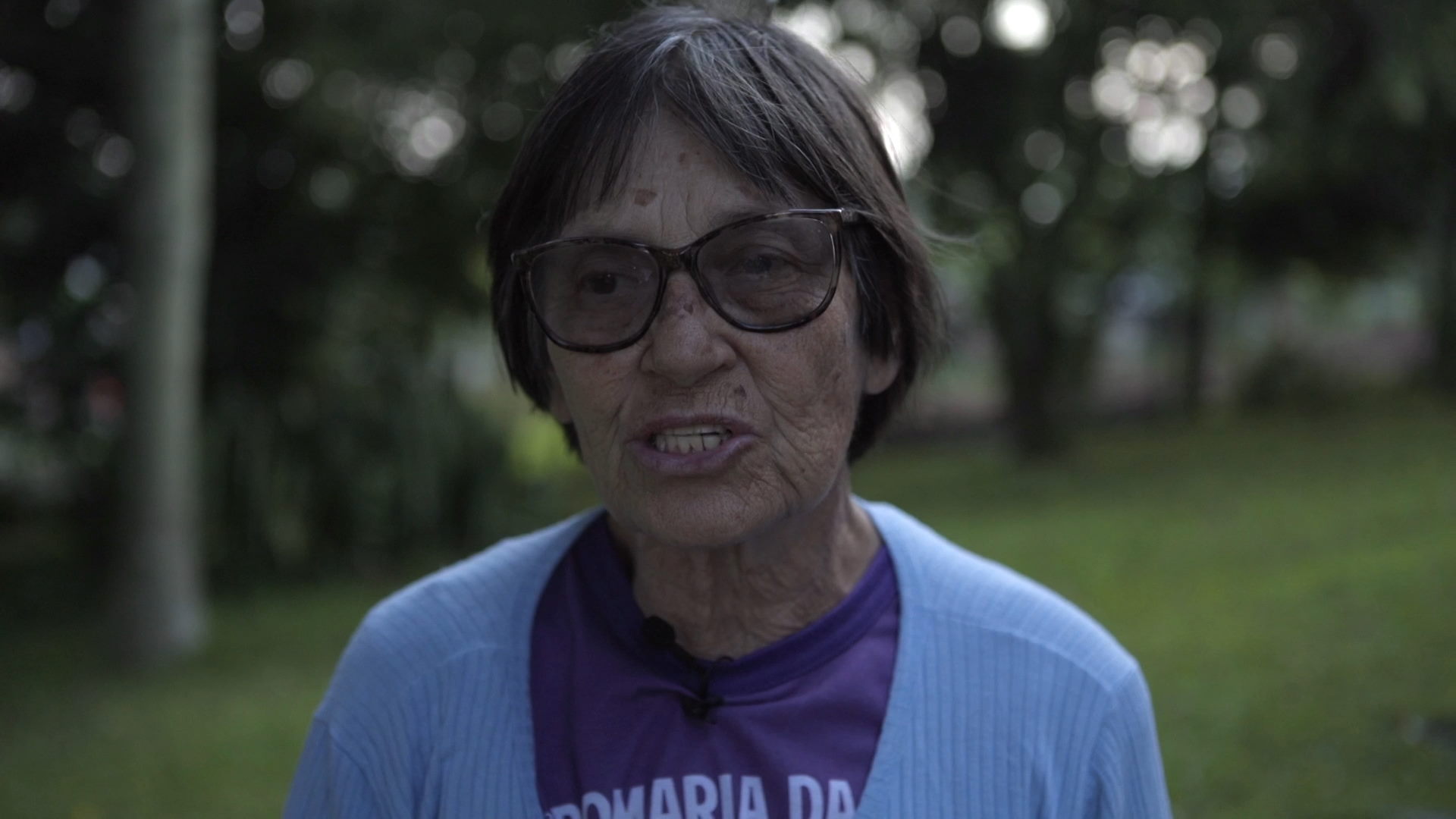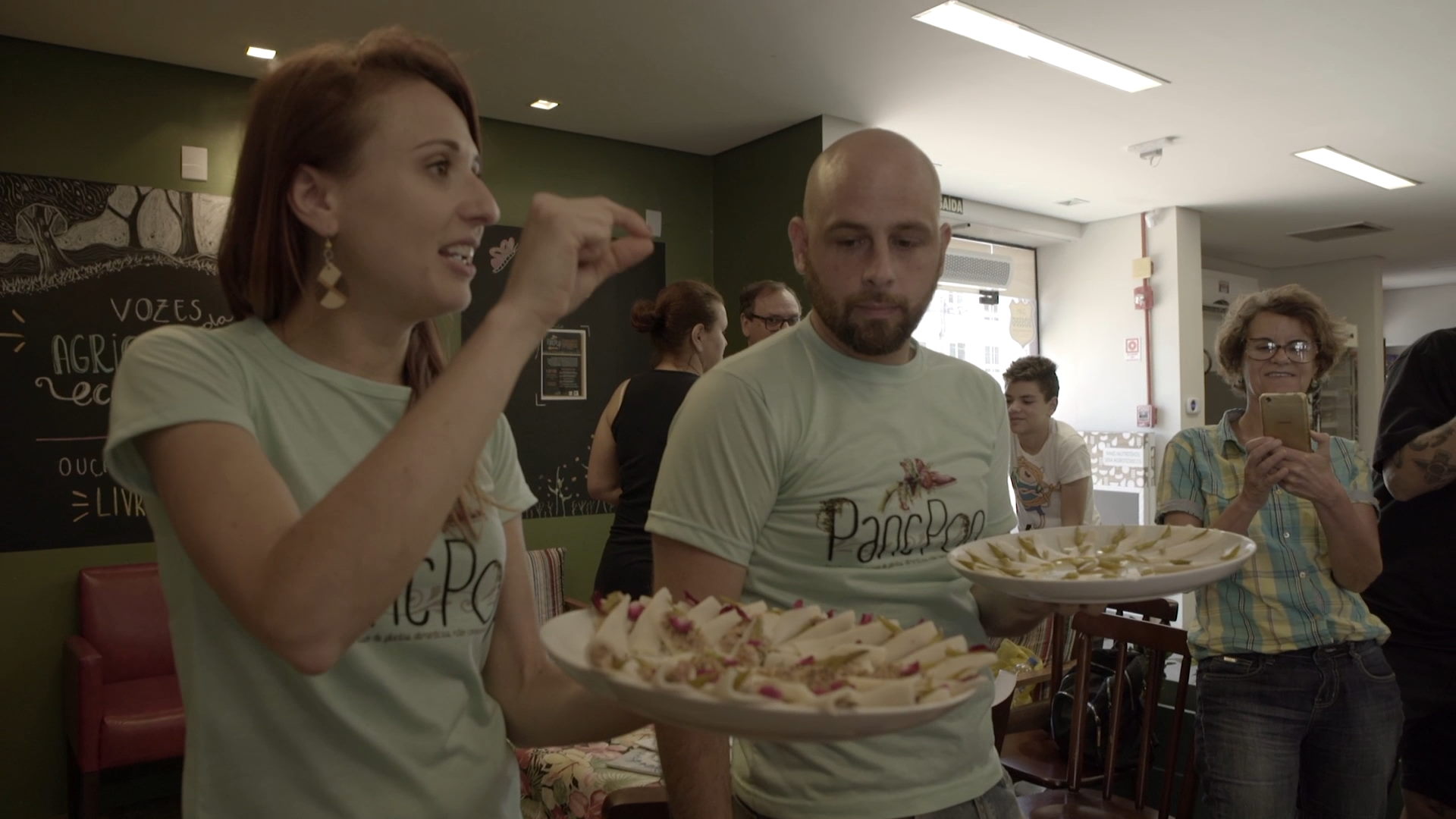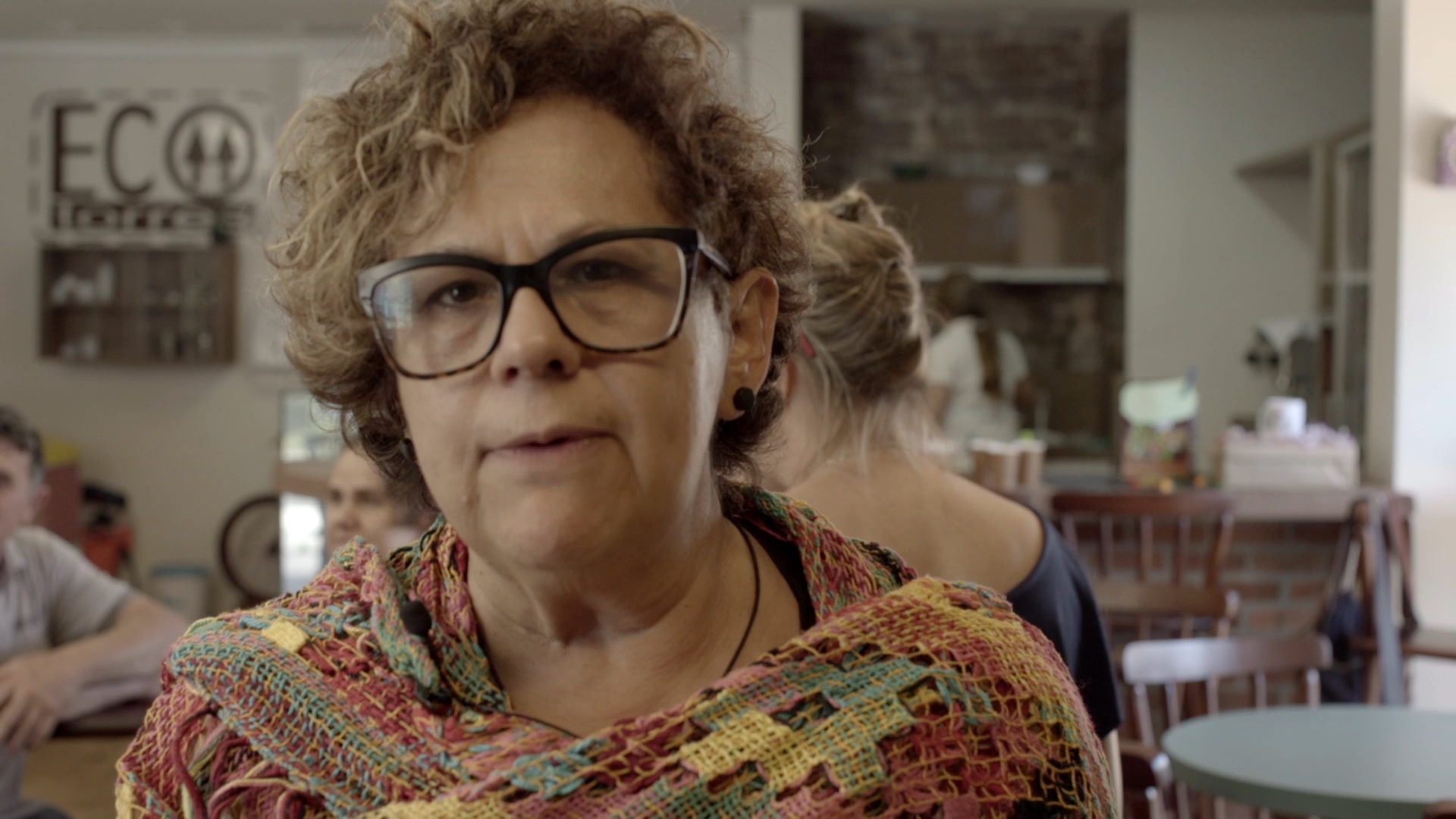FILM
What ‘Sharing Community’ Looks Like in Brazil
This is a film about Brazilians pushing back against unsustainable consumerism by creating “sharing and solidarity networks” between farmers in the field, shoppers in a cafe, and children in school. Below we hear from some of the people who star in it.

“We learn from an early stage that we have to possess stuff [but] the planet is giving us signs that it cannot anymore stand the model of society we have today”

“We have always taught sharing as a basic rule for social living.”
Rafinha is part of the local Movement of Peasant Women (Movimento de Mulheres Camponesas) who are resisting the large corporations who want to control how they share seeds. They are bringing back local cultures of sharing and farming.

“Using the products of diversity is a way to fight against these attacks on the environment, on traditional communities.”
Jaqueline Durigon is a biologist who is surprising café customers with the fact there are ten thousand species of nutritious plants in Brazil, and so many of them are not used. She works to “rescue the culture” of these non-conventional plant foods, and she also surprises the shoppers with how tasty some of these ‘weeds’ growing in their backyard can be!

“We put disposable packages inside of disposable bags. We know this is not just local, but global.”
Iara Rodrigues is a board member of EcoTorres, a co-operative café and organic food store, where they have started providing free reusable bags to their customers. As well as the environmental benefits, Iara says what was interesting was the gesture of lending the bags generated trust, and “stimulated solidarity values and expanded people’s commitment to the co-op”.
The Story of Centro Ecológico
 This film follows the work of Centro Ecológico, a group which works for environmental preservation and social justice around the community of Torres in Rio Grande do Sol. Below is a short interview with Miriam Sperb from Centro Ecológico.
This film follows the work of Centro Ecológico, a group which works for environmental preservation and social justice around the community of Torres in Rio Grande do Sol. Below is a short interview with Miriam Sperb from Centro Ecológico.
What ‘sharing community’ actually looks like…
“In the late 1980s, our work based on the concepts of sharing was that Centro Ecológico technical team advises families that are part of groups. On the other hand, sharing seeds and plants among farmers is critical because biodiversity conservation depends on it. Consumers are organized into cooperatives that allow them to buy organic products at fair prices. Most of these products are not available in supermarkets.”
What made me smile this year…
“Many things made me smile, every day of the the campaign: but I confess that fixing a second hand top made me very satisfied. Another cause of my happiness was the workshop of non conventional food plants, when people were so happy learning and cooking plants that were regarded only as weeds. But the whole campaign was a great moment, realizing that something very important of our past as human beings was being rescued to solve present problems.”
My top tip for other organisations who want to tell their story like this…
“Making this film was challenging and a great responsibility. My tip top to other organizations is to be clear about their activities, their main work, what they aim for, the country, region and why they chose that action. Show what is most important, try to think and see with the eyes of those who will watch and read. I saw that some organizations [participating in Green Action Week] did it, explaining the context, and told why they chose that action.
Why Centro Ecológico is special…
“Centro Ecológico is more than special because its work represented a turning point in hundreds of peoples lives. I already knew that from my job and my shopping in organic street markets, but since I read two books written by the organization’s coordinator, called Voices of Ecological Agriculture, I can see that most clearly than ever. The team is made by true people, who live what they believe. People that treat everyone with respect and consideration.”
Full Documentary
Below is a low-bandwidth version of the full seven-minute documentary film. If you would like the high-definition version and resources to explore the concept of ‘sharing community‘ – please get in touch at info@greenactionweek.org. You can also watch a one-minute trailer for the film on our Facebook page or on vimeo.
This film was made by Leticia Marques of Black Sheep Filmes and produced in partnership with Centro Ecológico for Green Action Week, an initiative of the Swedish Society for Nature Conservation.